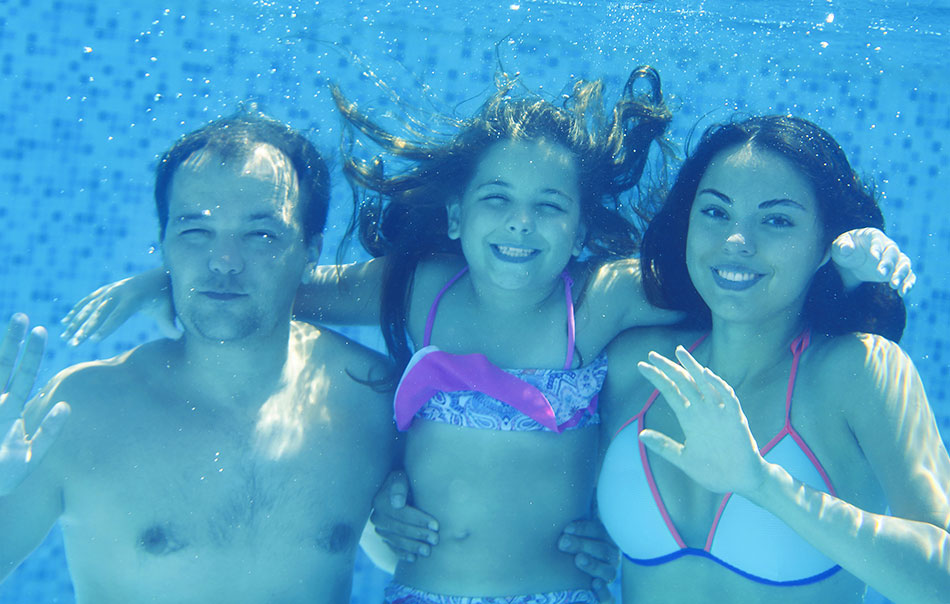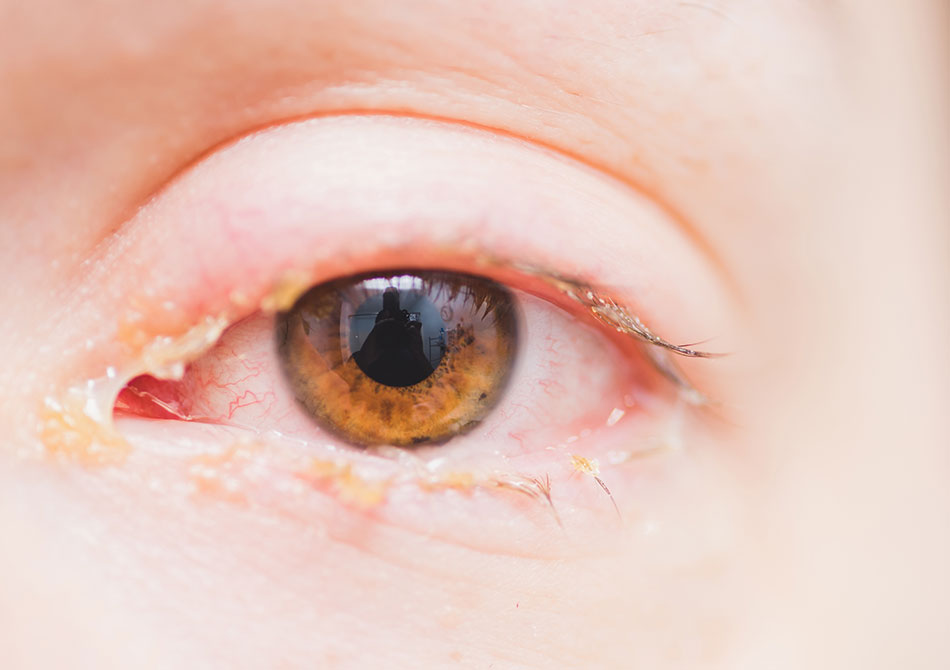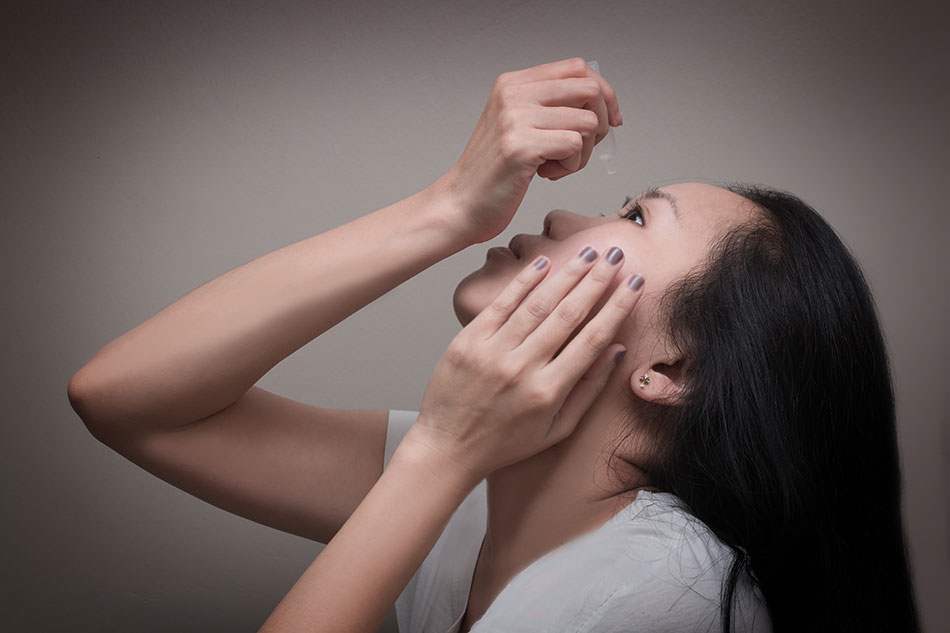Swimming With Contacts: The Dos and Don'ts

Are you splashing bacteria at your child? Or are they splashing it at you?
By now, you know that swimming pools aren't as clean as we'd like to think they are. Nothing proves that more than knowing what a dirty pool can do to a healthy eye.
Want to know how to keep your eyes healthy and what you need to avoid? Read our splashingly good information below about swimming with contacts.
Chlorine and Your Eyes

Before we get into what chlorine and water can do to your contact lenses, let's start with the basics. What does chlorine do to your eyes, with or without lenses? The answer: nothing good.
Chlorine is, in essence, bleach for water. Getting it in your eye is the equivalent of having diluted bleach splashed in there. When chlorine goes into your eyes, it actually increases the chances for bacteria to enter. You'd think that because it kills bacteria, it would be the opposite.
However, chlorine degrades what we call the "tear film", which is what makes your eyes glossy and keeps them from being too dry. When you strip away that protective layer of moisture, germs have a direct channel to the cornea.
Common Swimming-Related Eye Issues
Now that you know how chlorine leads to infections, it’s important to note that swimming in a lake, pond or the ocean can also lead to some serious eye issues. Let's talk about some of the common problems you could face while swimming under any conditions.
Pink Eye or Conjunctivitis

Yes, you can get pink eye from swimming in the pool. You don't need to touch feces or an infected person. If there are traces of the bacteria on someone's body or clothes and they get in the pool, that's good enough.
Bacteria and viruses are good swimmers. This mobility is how infections can spread through pool water and eventually to you. The chlorine levels in the pool aren't strong enough to kill this kind of bacteria. You can avoid getting pink eye by wearing goggles in the pool and making sure everyone rinses off before they get in.
Dry Eye or Red Irritation
When you take away that moisturizing protective layer we called the tear film, your eyes get dehydrated. The eyes need moisture to move around in their sockets and for the different parts to do their jobs. Without lubrication, things can look blurry or fuzzy.
Dry eyes are itchy, which leads people to rub them. Rubbing them is exactly what you DON'T want to do! Now, whatever bacteria was on your fingers goes directly into your unprotected eye.
To avoid getting dry eyes in the pool, protect yourself with goggles. They'll help preserve your tear film so that your eyes stay moisturized. Also, don't open your eyes underwater. It was a fun game as a kid to not use goggles, but you should know better now.
Acanthamoeba Keratitis

The worst out of all three, this fancy-named type of eye infection is severe. Yes, pink eye will take you out of school or work for a few days, but it isn't inherently threatening to your well being. Acanthamoeba keratitis is.
As the name suggests, this infection involves an amoeba setting up shop in your eye. Their presence can create ulcers on your cornea and lead to lifelong vision impairment or even blindness.
This is especially common if you swim with your contacts in, which we will now explore in more detail.
Can I Go Swimming With Contacts?

The short answer is yes, you can, but you shouldn't. Think back to the ways mentioned above of how chlorine messes with your eyes.
It strips the eye of its protective layer and makes it open to bacteria and other organisms. Now think about what contact lenses are made of: porous, soft plastic. This is the perfect place for bacteria to adhere to since they're moist and sticky on the surface.
Your contact lenses then become a sort of band-aid for bacteria, pressing them against your already vulnerable dry eye. An infection is almost bound to happen.
So if you wear contacts and you don't want to be blind while swimming with your eyes closed, what can you do?
Swim and Discard
If you choose to swim with your contact lenses in, make sure they're the daily type or don't mind throwing them away if they’re not. Maybe they're a pair that’s near the end of their lifespan or they're cheap backups you keep, just in case.
You don't want to reuse the contacts that you wore in the swimming pool. Your contact solution kills germs, but it's not all that strong. If you put pool-exposed contact lenses in the solution, the most it will do is moisturize them. Then you're laying those pool bacteria right up against your eye the next day.
Not ideal.
Help, I Already Swam With Contacts!

If you’re reading this article because you already swam with contacts and now your eyes are telling you that you shouldn't have, it's going to be okay.
If you can, take out your contact lenses immediately and throw them away. Use whatever eyedrops you have on hand to help flush irritants from your eyes. This will hopefully remove the bacteria from the pool water that entered your eyes. The drops will then moisturize your eyes, recreating your tear film layer.
Before you put new contacts in, make sure your eyes aren't still irritated. Yes, you may have to wear your glasses for the rest of the day. But if you have to put contacts in right away, wash your hands and face before you put in the new ones. It'll stop the bacteria from getting on your new lenses.
See Your Doctor

If the symptoms of swimming with contacts persist a day or so later, make an appointment with your eye doctor. Let him or her know you're having post-swimming irritation and how long it's been.
Swimming is a great activity, but just like with all things, take proper precautions. That way, you can have fun without the horrible effects of an eye infection to worry about.